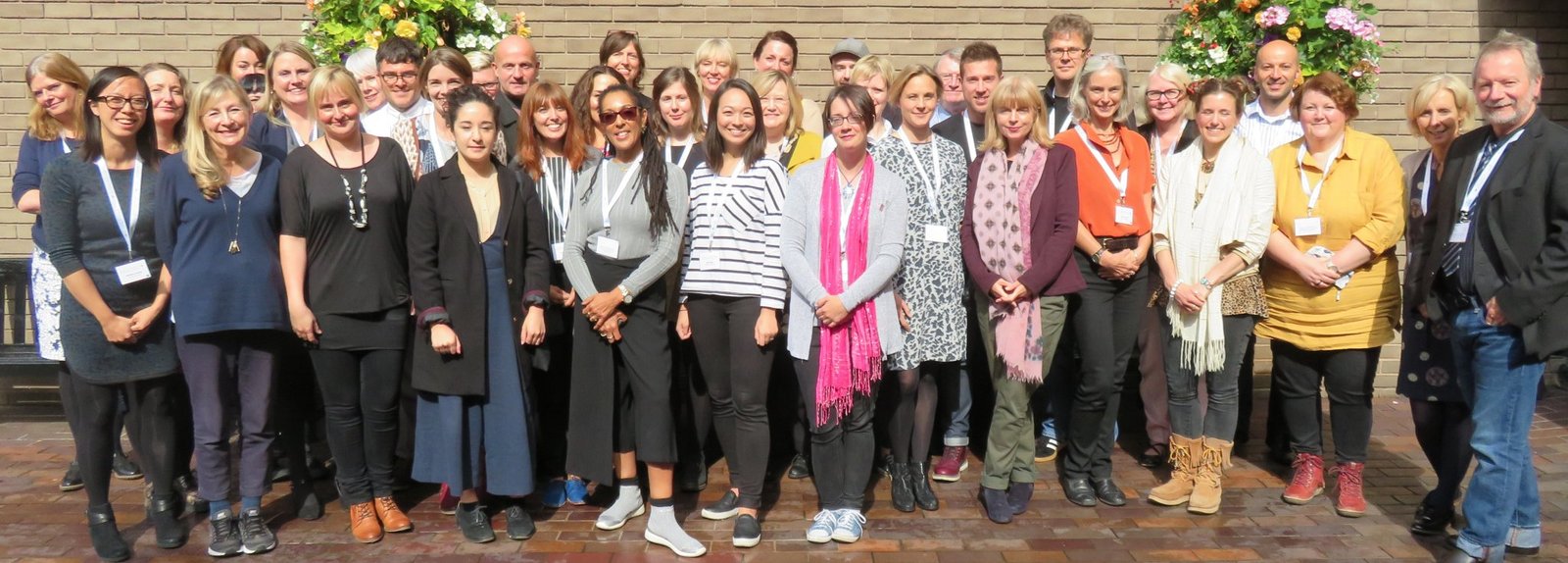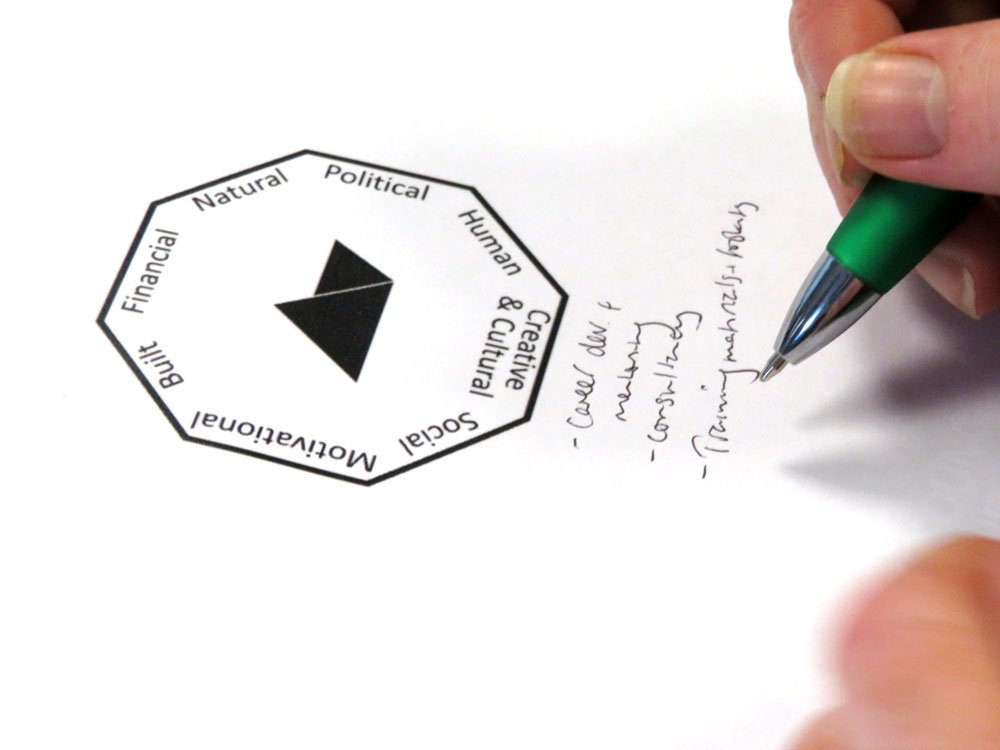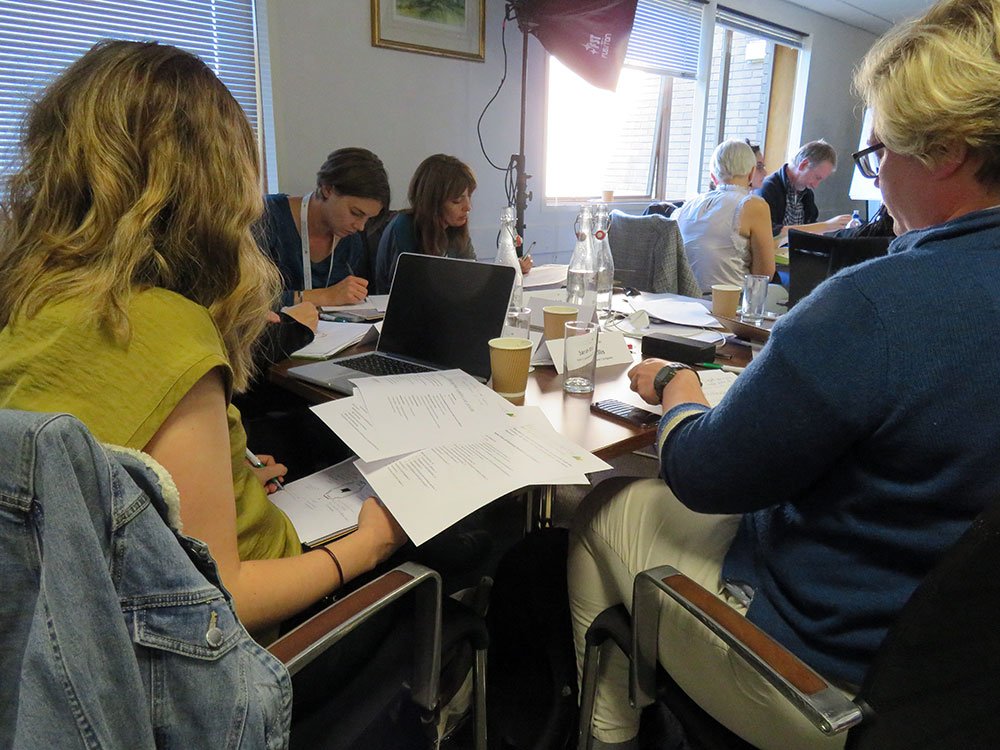Residential One
Central to the Boosting Resilience Programme are the three residentials and the final public conference. Residential One in Edgbaston Birmingham was not only symbolically important as an initial meeting of strangers and building a community, it also established the foundational knowledge and learning approaches for the rest of the programme.

Both participants and organisers were encouraged to Tweet, subject to the confidentiality guidelines established early on. Quite a body of tweets accumulated, sufficient to enable a Storify package to be assembled. This provides a visual review of the Residential in the voices of the participants and organisers.
The Boosting Resilience Programme had 3 Ideas Pools in Bristol, London and Manchester both to seek recruits and also to listen to what prospective participants might want from a programme. When submitting applications, participants also provided information about their interests and aspirations. All of these were drawn upon in designing the first workshop. Of course, there is a diversity of needs and interests and not all could be met in the first two day residential.
The decision was made to create a high tempo with 10 distinct activities over the 2 days. 4 external speakers were able to share their expertise remarkably economically in terms of time. There were otherwise relatively few lectures as such. The taught content primarily were short briefings and debriefings around hands-on activities. These activities enabled participants to work on themes specific to their own interests. It also introduced them to current learning methods.
In addition to publicly available materials which will be put on the project website, active use is made of a digital learning environment private to the participants. This will particularly enable small group and whole group communication in between residentials. It is also (and unusually) used live by delegates during residentials. When all delegates have laptops and suitable tablets, it is possible to break free of the limitations of post-it notes, by posting ideas electronically so they are then instantly available to the whole group.
Participants were supplied with custom-designed reflective journals to keep during the event, and there is also a personal secure reflection space available digitally, also accessible by relevant organisers.


The two days were never going to be enough for all participants and organisers to engage deeply with each other, but all the small groups worked well and it is clear that trust has been built up. Speaking personally, I was deeply impressed with the calibre of the participants, their willingness to share highs and lows, and to listen and comment appreciatively on the proposals and ideas of others. As I left the conference centre, I was already looking forward to meeting the group again physically in March 2018, but digitally much sooner.
Prof. Clive Holtham




